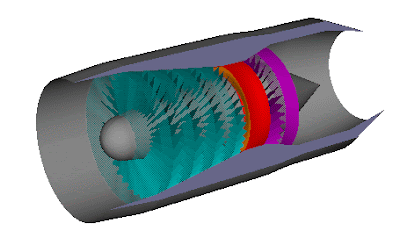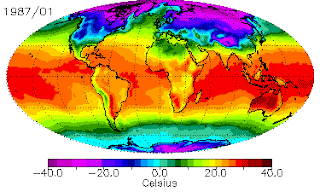About the subject:
Compressible flow(gas dynamics) is the is the branch of fluid mechanics that deals mechanics that deals with flows having significant changes in fluid density. Gases, but not liquids, display such behaviour. Jet propulsion is thrust produced by passing a jet of matter(typically air or water) in the opposite diection to the direction of motion.
Topics to
be covered in this seminar:
Energy and momentum equations of compressible fluid flows – Stagnation states, Mach waves and Mach cone – Effect of Mach number on compressibility – Isentropic flow through variable ducts –Nozzle and Diffusers-Flows through constant area ducts with heat transfer (Rayleigh flow) and Friction (Fanno flow) –variation of flow properties-Governing equations – Variation of flow parameters across the normal and oblique shocks – Prandtl –Meyer relations – Applications-Theory of jet propulsion – Thrust equation – Operating-principle, cycle analysis and use of stagnation state performance of ram jet, turbojet, turbofan and turbo prop engines-Types of rocket engines – Propellants-feeding systems – Ignition and combustion – Theory of rocket propulsion – Performance study – Staging – Terminal and characteristic velocity – Applications –space flights.
Time to be planned:
1 or 2
Days
Kind Of Program:
3D based
Seminar and Guest Lecture for the Students
Reason for
the program:
Kalam
Scientist Team Aiming To Build Young Generation Scientist
Cheers,
Kalam Scientist Team
7667668009
7667662428







































